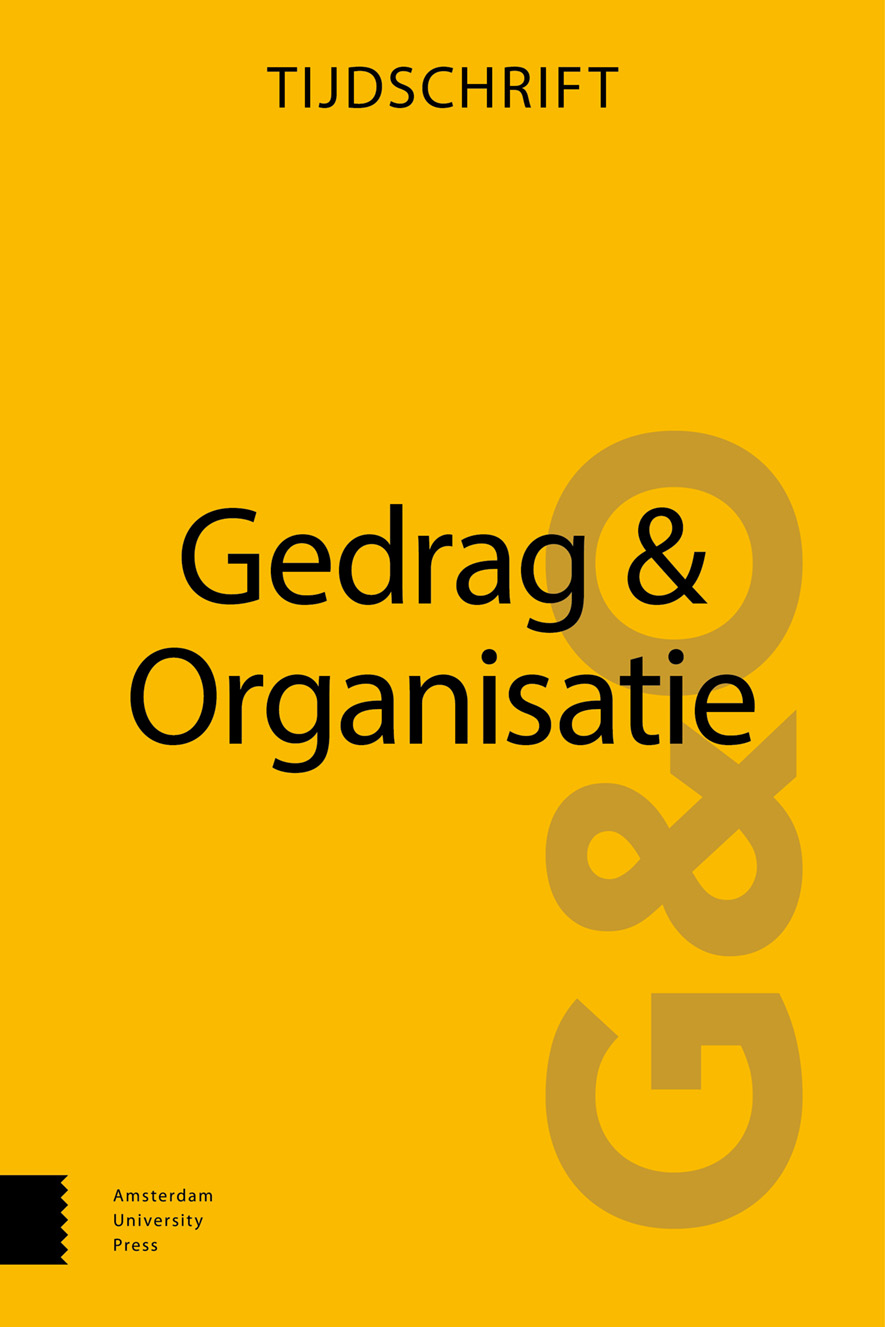
Full text loading...
We use cookies to track usage and preferences.I Understand
 & Marijke C. M. Gordijn2
& Marijke C. M. Gordijn2
The importance of time in burnout: Chronobiological aspects in the development and prevention of complaints
Fatigue and sleep problems are common symptoms in people suffering from burn-out. In addition to all kinds of other factors or circumstances that can play a causative or sustaining role, influence by or disruption of chronobiological processes play a role. The influences of day/night, seasonal and annual rhythms and working in a light or dark environment affect sleeping behavior. In addition, personal characteristics such as chronotype (morning or evening person) influence human functioning. In the current 24-hour economy, little attention is paid to these aspects, which can lead to health problems. The high demands that current society places on working people, or that working people place on their own functioning, are often at odds with what is biologically sensible or optimal. This contribution explains the functioning of the biological clock, and focuses on the relationship between burnout, sleep complaints and work stress as a result of ignoring chronobiological factors or characteristics. Based on the literature, the effects of rotating shifts, ignoring chronotype and working in (relative or) biological darkness are discussed. It is also stated, on the basis of available literature, what is known about chronotherapeutic or chronobiological measures to combat or prevent complaints.

Article metrics loading...

Full text loading...
References


Data & Media loading...

